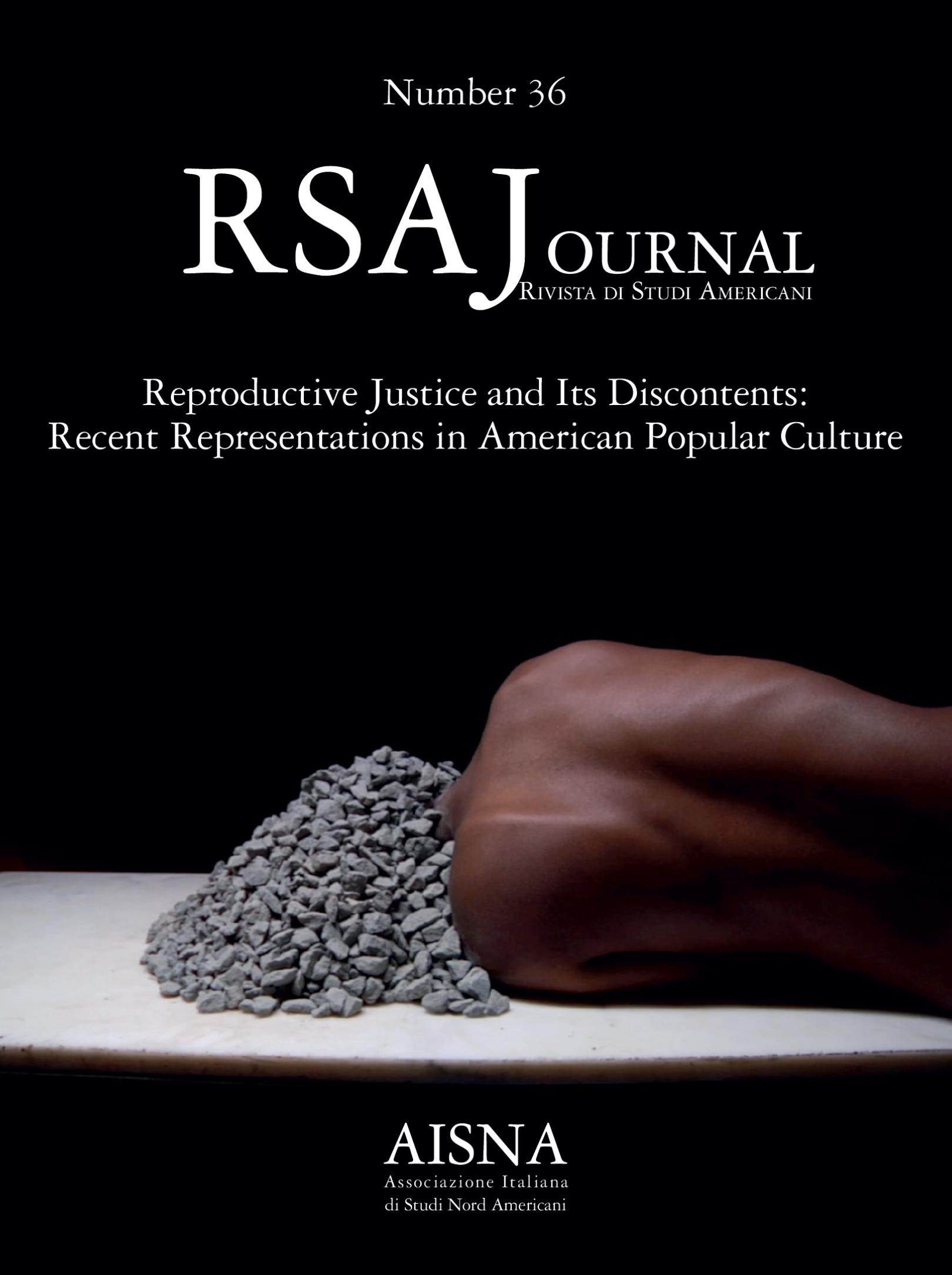A Political Space that Wasn’t There Before
An Interview with Loretta Ross
DOI:
https://doi.org/10.13135/1592-4467/11914Keywords:
Reproductive Justice, Black Feminism, African American History, Oral History, US HistoryAbstract
This interview with Loretta Ross, a foundational figure in the Black feminist movement and a co-creator of the Reproductive Justice framework, provides a comprehensive overview of her life’s work and political perspectives. The discussion, which took place on March 5, 2025, begins with Ross’s personal experiences with reproductive oppression and sexual violence, which she identifies as the catalysts for her lifelong activism. She offers a nuanced explanation of how the concept of Reproductive Justice, which a group of twelve Black women developed, expands upon the traditional “pro-choice” movement. Ross highlights that true Reproductive Justice encompasses not only the right not to have children but also the right to have children and to raise them in a safe and supportive environment. The conversation further explores Ross’s insightful critique of how mainstream media often sensationalizes and overdramatizes reproductive issues. She also discusses the adaptability and universality of the Reproductive Justice framework, explaining how it can be applied to and expanded by diverse groups to address their specific vulnerabilities and concerns. The interview concludes with Ross’s thoughts on strategies for engaging men in the movement, emphasizing the importance of highlighting how these issues affect them and their communities. She also shares her forward-looking perspective on the future of reproductive justice in the face of a global rise in far-right, pro-natalist politics, offering a hopeful vision of resistance.
Downloads
Published
Issue
Section
License
Copyright (c) 2025 Bruno Walter Renato Toscano

This work is licensed under a Creative Commons Attribution-NonCommercial-NoDerivatives 4.0 International License.
RSAJournal applies a CC BY-NC-ND license to all its contributions. This license enables reusers to copy and distribute the material in any medium or format in unadapted form only, for noncommercial purposes only, and only so long as attribution is given to the creator. CC BY-NC-ND includes the following elements:
- BY: credit must be given to the creator.
- NC: Only noncommercial uses of the work are permitted.
- ND: No derivatives or adaptations of the work are permitted.
Authors who publish with this journal agree to the following terms:
- Authors retain the copyright and full publishing rights for their submissions to the journal.
- Authors grant the journal right of first publication with the work simultaneously licensed under a Creative Commons Attribution-NonCommercial-NoDerivatives 4.0 International License that allows others to share unedited work for non-commercial purposes with an acknowledgement of the work's authorship and initial publication in this journal.
- Authors are able to enter into separate, additional contractual arrangements for the non-exclusive distribution of the journal's published version of the work (e.g., post it to an institutional repository or publish it in a book), with an acknowledgement of its initial publication in this journal.




